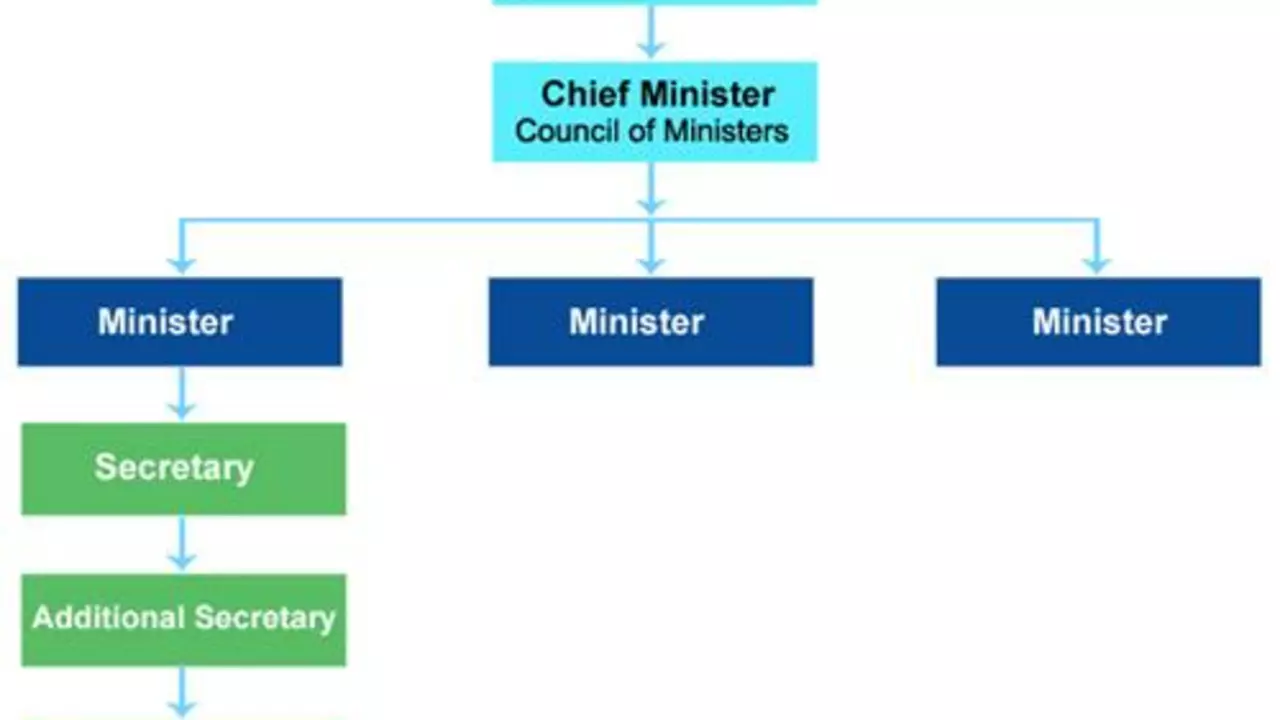
Understanding the Structure of the Indian Government
The government of India, like other democratic governments, is divided into three major branches: the Legislature (Parliament), the Executive (President, Prime Minister, and Council of Ministers), and the Judiciary (Supreme Court). However, the day-to-day administration and implementation of policies and laws are carried out by various Ministries and Departments. These Ministries are often headed by a Union Minister who is a member of the ruling party and are instrumental in shaping the policy and governance of the country.
Ministry of Home Affairs: Ensuring Internal Security
The Ministry of Home Affairs (MHA) is a key Ministry under the Government of India. Its primary responsibility is to maintain internal security and domestic policy. The MHA oversees the maintenance of law and order, prevention and control of crime, and intelligence gathering. It is also responsible for the administration of Union Territories. Apart from these, the MHA controls the paramilitary forces, manages the conduct of Census, and handles matters related to citizenship, official languages, and freedom fighters’ pension.
Ministry of Finance: Driving Economic Policy
The Ministry of Finance is another critical component of the Government of India. It is responsible for the fiscal policy of the country, management of public finances, and economic regulation. The Ministry consists of five departments: Economic Affairs, Expenditure, Revenue, Financial Services, and Investment and Public Asset Management. It supervises the Indian economy through macroeconomic policy making, proposes the annual budget, oversees taxation, financial legislation, financial institutions, capital markets, and negotiates with international financial institutions.
Ministry of External Affairs: Shaping India’s Global Outlook
The Ministry of External Affairs (MEA) is responsible for implementing the foreign policy of India and maintaining diplomatic relations with other countries. The MEA provides visa services for foreigners and passport services for Indians. It also helps Indians abroad in emergencies. The MEA is the point of first contact for foreign nations and represents India in international organizations. It plays a significant role in determining the foreign policy agenda and negotiating treaties.
Ministry of Defence: Safeguarding National Security
The Ministry of Defence (MOD) is charged with coordinating and supervising all government agencies and functions directly related to national security and the Indian armed forces. The President of India is the ceremonial commander-in-chief of the armed forces, while the executive power is vested in the Ministry of Defence. The MOD provides policy framework and resources to the armed forces to discharge their responsibility in the context of defence of the country.
Ministry of Human Resource Development: Fostering Education and Culture
The Ministry of Human Resource Development (MHRD) is entrusted with the task of creating a knowledge society in India. It is divided into two departments: the Department of School Education and Literacy, which deals with primary, secondary, and higher secondary education, adult education, and literacy, and the Department of Higher Education, which deals with university education, technical education, scholarship, etc. The MHRD also oversees the promotion of cultural and literary activities and works to preserve and promote the rich cultural heritage of India.
These are just some of the Ministries under the Indian Government, each playing a crucial role in shaping the country and its future.